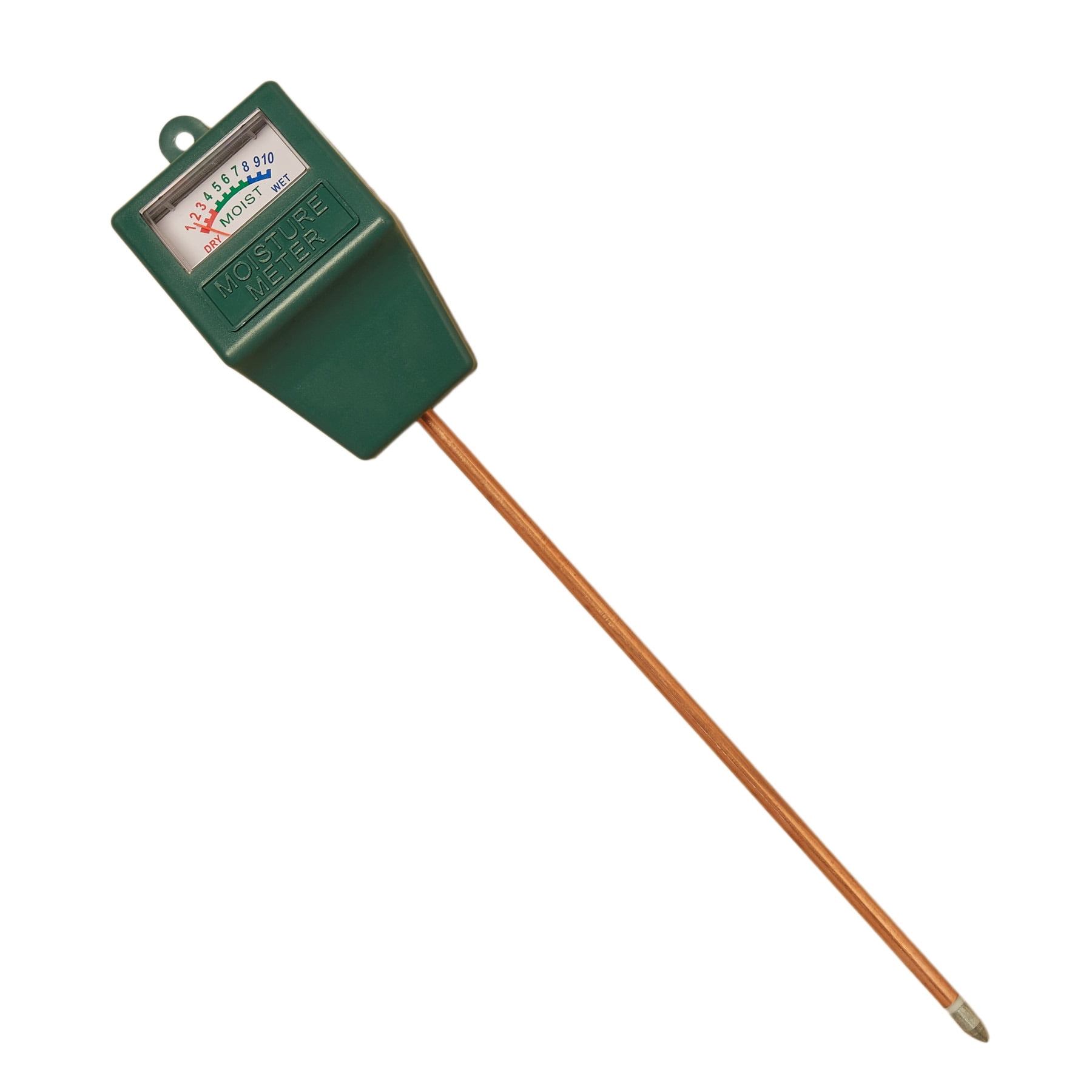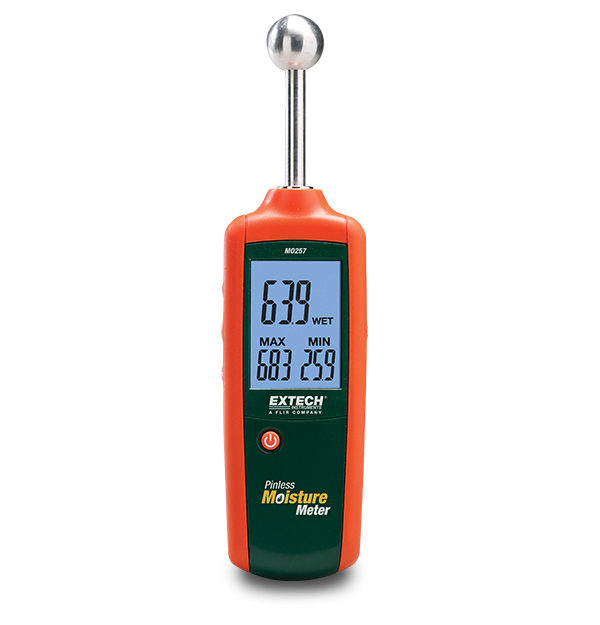The Scientific Research Behind Moisture Meters: How They Function and Why They're Necessary
The Scientific Research Behind Moisture Meters: How They Function and Why They're Necessary
Blog Article
The Ultimate Guide to Dampness Meters: A Comprehensive Introduction and How They Can Save You Cash
In the realm of structure upkeep, construction, and different industries, the relevance of precisely measuring dampness levels can not be overemphasized. Moisture meters offer as vital tools in detecting and keeping an eye on moisture material in products, assisting in avoiding pricey damages and making certain the high quality of items. Comprehending the subtleties of different kinds of wetness meters, their applications, and the possible cost-saving benefits they offer can be a game-changer for professionals and services alike. Uncovering exactly how these devices can not just improve procedures but likewise add to financial savings is a journey worth starting.
Kinds of Moisture Meters
One typical type is the pin-type moisture meter, which measures the electric resistance in between 2 pins placed into a material. Pinless wetness meters, on the various other hand, use electromagnetic sensor plates to check a bigger location without causing damage to the material's surface area.

In addition, there are likewise specialized dampness meters created for particular products like dirt, grain, or hay. These meters supply accurate dampness readings customized to the one-of-a-kind properties of the product being tested. Infrared dampness meters measure the thermal properties of a material to determine its wetness content non-invasively, making them beneficial for applications where pin or pinless meters might not be appropriate. Recognizing the various kinds of wetness meters readily available can assist sectors choose the most ideal tool for their certain moisture measurement demands.

Advantages of Using Wetness Meters
Dampness meters provide invaluable advantages in properly assessing and keeping an eye on wetness levels in diverse materials and atmospheres (Moisture Meter). Among the key benefits of using moisture meters is the prevention of possible damage caused by excess moisture. By finding and addressing high dampness levels at an early stage, wetness meters aid to avoid mold growth, rot, and structural damages in structures, conserving both time and money on repairs. Additionally, moisture meters aid in ensuring the top quality of products throughout building and construction or production procedures. By precisely determining wetness content, these tools assist preserve the honesty of timber, drywall, concrete, and other materials, decreasing the danger of failures or problems.
Moreover, utilizing moisture meters can lead to raised power efficiency. By recognizing locations with high moisture degrees, such as leakages or inadequate insulation, changes can be made to enhance energy preservation and decrease energy costs. In agricultural setups, wetness meters play an important role in maximizing plant yields by enabling farmers to keep an eye on soil dampness levels and make educated irrigation decisions. On the whole, the benefits of using wetness meters extend across various sectors, offering affordable solutions and promoting better high quality control practices.
How to Select the Right Wetness Meter
When picking a wetness meter, it's vital to guarantee that the meter is suitable for the specific more tips here product you will be testing. Various materials have differing electric properties that can influence wetness readings, so picking a meter developed for your material is critical for precise outcomes. By thoroughly assessing these factors, you can select a moisture meter that fulfills your needs and gives precise moisture measurements for your projects.
Proper Strategies for Moisture Meter Use

Expense Savings Through Moisture Meter Applications
How can the critical use of wetness meters lead to significant price savings throughout different sectors? In the agriculture industry, wetness meters help in identifying the optimum time for gathering plants, avoiding excess or over-drying moisture that can influence the final item's quality.
Likewise, in building and construction, wetness meters aid avoid expensive problems by finding moisture degrees in structure materials, such as wood or concrete, which can bring about structural problems otherwise resolved without delay. By identifying issue areas early, specialists can take rehabilitative steps to stay clear of extensive repair services or substitutes, eventually conserving money and time.
Additionally, in the food handling sector, dampness meters are important for keeping an eye on product top quality and making certain compliance with security guidelines. By precisely gauging dampness web content in foodstuff, producers can stop perishing, keep quality, and reduce waste, resulting in significant cost savings. Overall, the critical application of moisture meters is an important investment that can result in considerable expense reductions and improved efficiency across different markets.
Final Thought
Finally, wetness meters are important tools for finding and gauging wetness levels in various products. By making use of the ideal moisture meter and following correct important source strategies, individuals can efficiently avoid costly problems triggered by excess moisture. Investing in a quality dampness meter can result in significant price financial savings in the future by identifying possible issues at an early stage and enabling timely remediation. Inevitably, wetness meters are important tools for preserving the integrity have a peek at this site and durability of materials and frameworks.
Moisture meters serve as indispensable devices in detecting and checking moisture content in products, assisting in avoiding expensive damages and making certain the quality of products. Infrared dampness meters gauge the thermal properties of a material to identify its dampness content non-invasively, making them valuable for applications where pin or pinless meters may not be appropriate.Dampness meters offer indispensable benefits in properly keeping track of and examining dampness degrees in diverse materials and environments. In agricultural settings, wetness meters play a vital function in enhancing crop yields by allowing farmers to keep an eye on dirt wetness degrees and make educated irrigation decisions.In verdict, dampness meters are useful tools for measuring and discovering moisture degrees in various materials.
Report this page